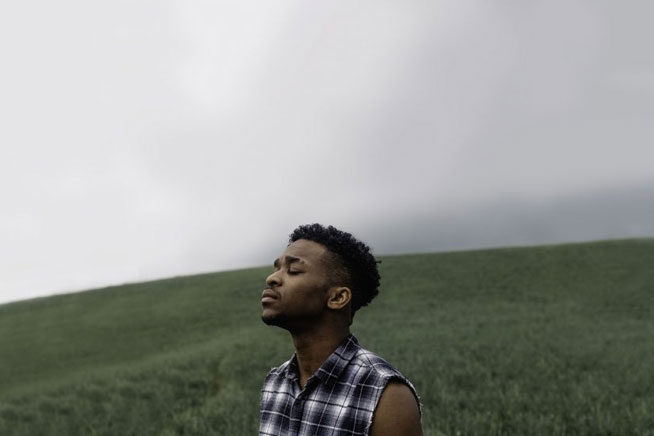In 1978, I bounded across the finish line of the New York City Marathon sporting a t-shirt with my logo “The Running Rabbi.” I’d never been sick a day in my life and I felt indestructible. That was then.
My illusion was shattered six years later when I was battling a rare leukemia. For twenty years as a rabbi, I helped others through crises. I was supposed to have all the answers. Yet, when I got sick, I discovered I didn’t have them all.
I won’t claim to have it all figured out, but my struggle has given me insights on coping with serious illness, or any adversity for that matter. I want to share them with you.
CHEER YOURSELF ON – Ultimately, you must learn to comfort yourself. No matter how many people are around during the day, realtiy can be very hard to face in the loneliness of the night.
BE KIND TO YOURSELF – Hug yourself if you can’t find anyone else to hug. Don’t think of yourself as worthless, or worse less than you were before your diagnosis.
DON’T BE PASSIVE ABOUT YOUR MEDICAL TREATMENT – Let your doctors and nurses know what you need.
LEARN TO CHERISH YOUR VERY EXISTENCE – Don’t feel guilty if you’re too sick to do something. You have worth simply because you exist, even if you can’t be productive in the ways you were before.
HANG ON TO YOUR FIGHTING SPIRIT – I really believe my fighting spirit meant the difference between life and death for me. My nurses told me tha once when I was delerious with fevers, I pounded on my bed rails yelling, “Come on Hirshel!” I was cheering myself on like my wife and daughters cheered for me when I ran the marathon.
CONVERSELY, REMEMBER THAT ATTITUDE ISN’T EVERYTHING – Having a positive attitude can help you make the best of every situation, but it may not help you change your situation. You can’t control everything, only some things.
SET GOALS FOR YOURSELF – No matter how small, reaching any goal helps you feel that you achieved something.
KEEP SOME NORMALCY IN YOUR LIFE – If you’re able to use your energy in some capacity, do it, even if you have just five good minutes a day
DO WHAT MAKES YOU FEEL GOOD ABOUT YOURSELF – When my doctors saw how depressed I was, they said, “Be a rabbi. Go counsel other patients.” Doing that made me feel that I counted. Helping others is a good thing you can do and find real fulfillment in doing.
DON’T LOSE YOUR SENSE OF HUMOR – Learn to laugh at yourself and enjoy life. One morning as the doctors made their rounds, I said to them, “I think something strange is happening to my body!” They burst out laughing. I was wearing a Frankenstein mask!
BE THANKFUL FOR EACH DAY AND GREET IT JOYOUSLY – Live your life to the fullest. Let the moments be special to you.
DECIDE WHAT’S IMPORTANT IN LIFE – Learn to say no to people. Don’t waste your life letting others tell you how to live. For me, being with my loved ones is the most important. And I make a point of telling them how I feel about them often.
ACCEPT THE SUPORT OF YOUR FRIENDS AND FAMILY – The strong support of everyone who loved me and prayed for me kept me going through my darkest hours. Don’t be hesitant to let others know how vulnerable you are; it’s not a sign of weakness to accept help.
SEARCH FOR MEANING IN YOUR ADVERSITY – We can find meaning and hope even in our darkest days. I didn’t ask for this painful experience, but I can grow from it and shape it into a positive force in my life.
By facing death, I learned how to live. @TheRunningRabbi (Click to Tweet!)
My illness taught me the real meaning of being a rabbi. It’s not who is the best scholar. It’s who can touch people, who can comfort them.
I hope that as you walk through your own path through illness and tough times, you let the power within you carry you over the rough spots, amd I hope it stays with you too.










